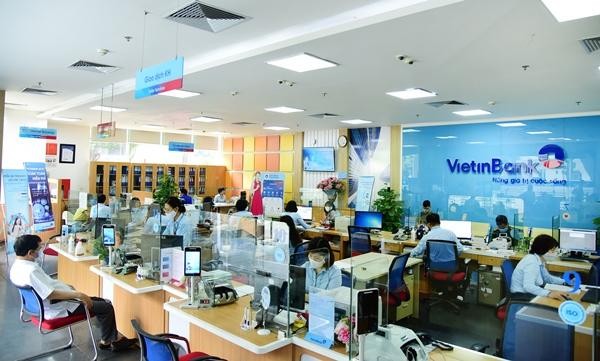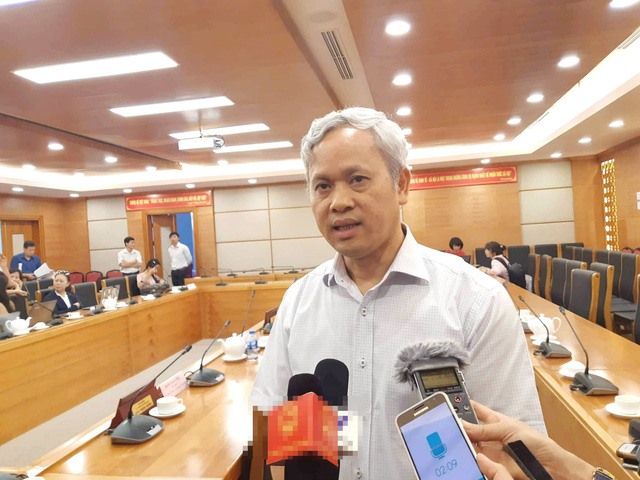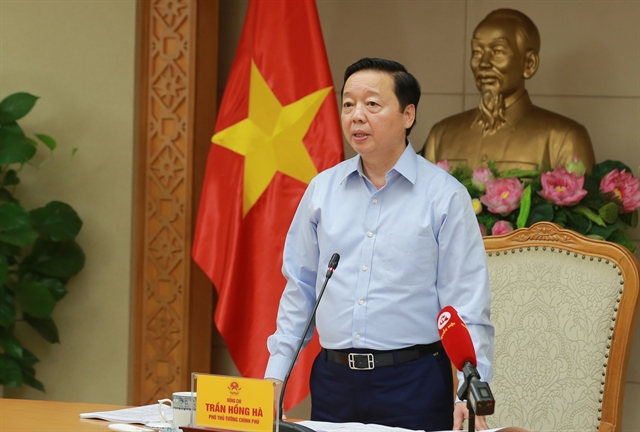 Opinion
Opinion

Nguyễn Bích Lâm, director general of the General Statistic Office, from the Ministry of Planning and Investment, speaks to Vietnam News Agency magazine Kinh tế Việt Nam & Thế giới (Việt Nam and the World) on the true meaning of the concept of an unobserved economy.
 |
| Nguyễn Bích Lâm. — Photo quanhta.com |
Nguyễn Bích Lâm, director general of the General Statistic Office, from the Ministry of Planning and Investment, speaks to Vietnam News Agency magazine Kinh tế Việt Nam & Thế giới (Việt Nam and the World) on the true meaning of the concept of an unobserved economy.
What is the concept of unobserved economy?
An unobserved economy is an economy that reflects the performance results of all economic entities in society but who’s performance has not been officially collected. This economic entity is comprised of a number of elements:
First, it is the informal economy which is all legal business operations but without official registration with the authority to avoid paying income tax, value added tax and other required duties to the State.
Second, it relates to all illegal economic activities, including drug trafficking, prostitution activities and unregistered business activities.
Third, it is the official economy but has not been officially observed by authorities.
Fourth, it is the work carried out in households, like cleaning, cooking and washing, that’s not accounted for.
What are your comments on the activity and scope of the economy which have not been observed in Việt Nam?
In 2017, the General Statistics Office conducted a study on informal jobs in Hà Nội and Hồ Chí Minh City with support from the French Development Agency. However, in HCM City, activities of people working in the informal sector have already been included in the City’s macro economy. That’s why, until now we don’t have any official report on the activity and scope of the economy which have not been observed in the country.
Will you explain more about the proposal on the unobserved economy?
I’m sorry to say the proposal is still in the stage of development. However, one of the key objectives is that it must be objective and reflect what is really happening in the country’s economy. Of course, it also has to follow international norm. We also foresee that the proposal is very complicated and it needs specific guidance from the Government and the Ministry of Planning and Investment and close cooperation from all ministries, sectors and localities nation-wide.
As I have mentioned above, the proposal has a number of components. However, the GSO will focus efforts on collecting information or data on the illegal economy. Of course, in the study we’ll also try to have a comprehensive evaluation of the household economy and the informal economy which has not been observed.
What’s the role of the unobserved economy?
We understand that if we are able to evaluate the role of the unobserved economy it will help us to have a better picture of the national economy and the income of people engaged in business or production.
Besides, it will also help us to have clear picture of our people’s labour productivities and their income and spending or the overspending of the State budget and the public debt.
Of course, a key objective of this study is to come up with orientation, solutions and management mechanisms for the State towards activities of all economic sectors as well as in the labour management.
One of the objectives of the proposal is to come up with policies relating to the issue of tax collection and the management of import-export activities.
Last but not least, the proposal also comes up with management measures to gradually switch non-formal economic activities to formal economic activities.
Many experts have expressed concerns that if we include the statistics of the informal economy sector into the official national figures it will make our GDP bigger and so is the scope of the public debt. What’s your point of view on that?
I should say there are two sides in this proposal.
First, it will make a good evaluation of the scope of the national economy. As a result, it will help the Government perform tasks better. For example when the actual percentage of the public debt becomes lower due to the larger scale of the GDP if the unobserved economy is taken into conderation, we’ll then have more room to implement our financial and monetary policies. This is a good foundation for the country to expand its production in order to generate more income for the economy.
On the other hand, when the GDP is larger, it will make the nation’s public debt to become bigger if we keep the same ceiling. However, in my opinion, our public debt ratio is till under the control – about 65 per cent.
All in all, I just want to say the proposal has more advantages than disadvantages.— VNS









